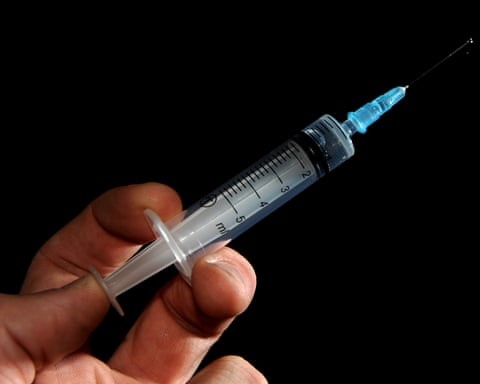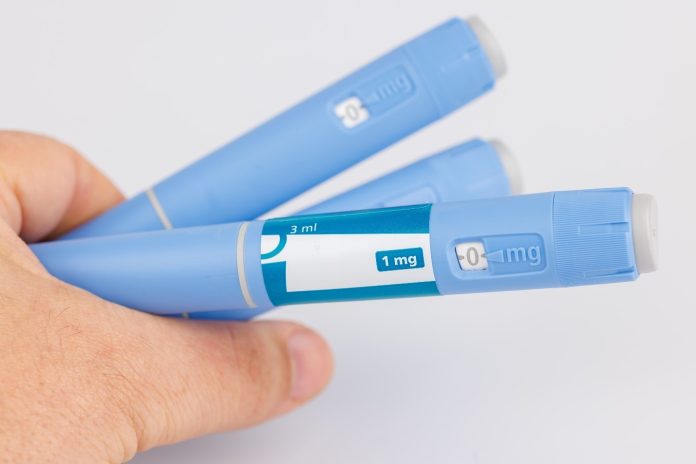The gym bro supplement that may be a game changer for women in midlife
Until recently, creatine supplements was almost exclusively used by athletes and bodybuilders looking to enhance performance and pack on muscle mass. But now there is a surprising rapidly growing market for it: middle aged women.
While Dwayne “The Rock” Johnson still puts in his protein shake to “put on size,” Ivanka Trump revealed earlier this year she takes a dose with her morning smoothie.
From fitness influencers on TikTok to health experts, the chalky powder is now being touted for a range of benefits for women. So, what exactly is creatine and does the science back up the hype?
“Creatine is a natural compound that comes from three amino acids – arginine, glycine, and methionine,” Dr. Rupa Parmar, a physician and Director at Midland Health, tells The Independent. “It’s stored mainly in our muscles to help produce energy.”
While small amounts come from foods like red meat and fish, our bodies also make about a gram each day.
Most women don’t get the recommended three to five grams per day from food, Rupar said, and supplementation may help.
“Women naturally have much lower creatine stores than men and usually eat less of it in their diet, so they may actually benefit more from taking creatine to boost their levels,” he added.
Creatine’s rise as a go-to supplement can be traced to 1992 when British sprinter Linford Christie and hurdler Sally Gunnell, both vocal about its use, won gold at the Barcelona Olympics.
Glossy fitness magazines began branding it a “breakthrough”; a 1998 article in Fortune magazine called the compound “nature’s steroid”; a Los Angeles Times headline blared, “Power powder.”
While much of its early reputation focused on muscle-building and workout recovery, research suggests creatine’s benefits may extend beyond the gym.
Creatine has been linked to improved memory, brain health, depression treatment and increased energy.
“It can even support brain health, with studies suggesting the substance helps to improve cognitive function and provide some protection as we age,” Rupar said.
A preliminary study by the University of Kansas Medical Center on people with Alzheimer’s found that creatine supplements may improve memory and executive function. Creatine may also offer benefits tied to hormonal fluctuations.
“Creatine can help ease fatigue during your period by supporting stable energy levels,” Rupar continued, “especially when you’re feeling more tired.”
Oestrogen and progesterone, hormones that regulate the menstrual cycle, influence how the body produces and uses creatine, he explained.
“During the menstrual cycle, creatine levels can change, and supplements may help keep energy and muscle function more stable, especially when oestrogen is low,” Rupar said.
For women approaching or going through menopause, creatine appears especially promising as it may help counteract declines in muscle mass, strength, and bone density, particularly when combined with resistance training.
One 12-month study found that creatine reduced the loss of bone mineral density in 47 postmenopausal women.
For all its potential upsides, creatine isn’t without drawbacks.
One of the most common complaints is bloating: because it saturates the muscles, it may cause water retention, which sometimes leads to a bloated feeling and a few extra pounds on the scale from water weight.
Still, studies have repeatedly shown creatine to be safe for most healthy adults when taken at recommended doses.
Experts advise consulting a healthcare provider before starting, especially for those with kidney conditions or who are on medication.











